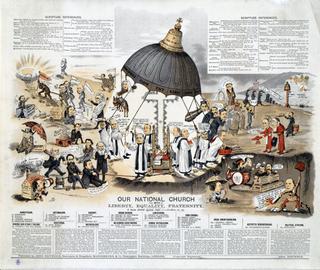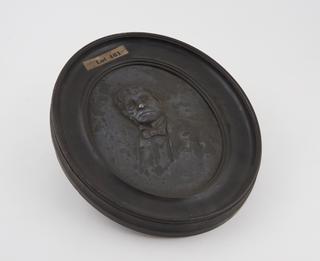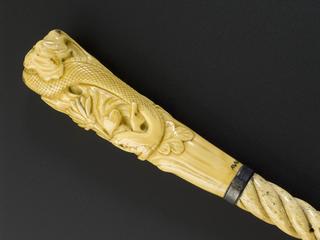
Charles Darwin 1809 - 1882
- occupation:
- Geologist, Naturalist
- Nationality:
- British
- born in:
- Shrewsbury, Shropshire, England, United Kingdom
Charles Robert Darwin was a naturalist whose theory of evolution through natural selection transformed the way the natural world was understood.
Darwin was born into a well-connected family in Shrewsbury, whose members included prominent writers, entrepreneurs and intellectuals. In 1831, during the course of his studies in medicine, Darwin took a position on a scientific expedition. Over five years he travelled the world on the ship HMS Beagle, encountering a huge variety of plant and animal life.
On his return to London in 1836, Darwin began systematically exploring the mechanisms through which this variety was created. He was influenced by the ideas of Thomas Malthus, and suggested that those organisms best suited to a particular environment were more likely to reproduce. This has become known in popular culture as the ‘survival of the fittest’. Darwin theorised that over time this would lead to change and variation between species.
Darwin developed his theories of evolution over two decades. On discovering in 1858 that another naturalist, Alfred Russel Wallace, was developing similar ideas Darwin publicised his theories at a reading at the Linnean Society on 1st July. He then proceeded to publish On the Origin of Species by Means of Natural Selection a year later.
The book was immediately controversial. Its implications for the traditional Christian view of creation were immense, suggesting that life had evolved over a far greater timespan than biblical accounts. It also suggested that humans were simply another form of animal life, rather than a divine creation.
Darwin continued to publish books about human and animal evolution, with his theories becoming hugely influential within the field of the biological sciences.
Darwin died on 19 April 1882 and was buried at Westminster Abbey.



